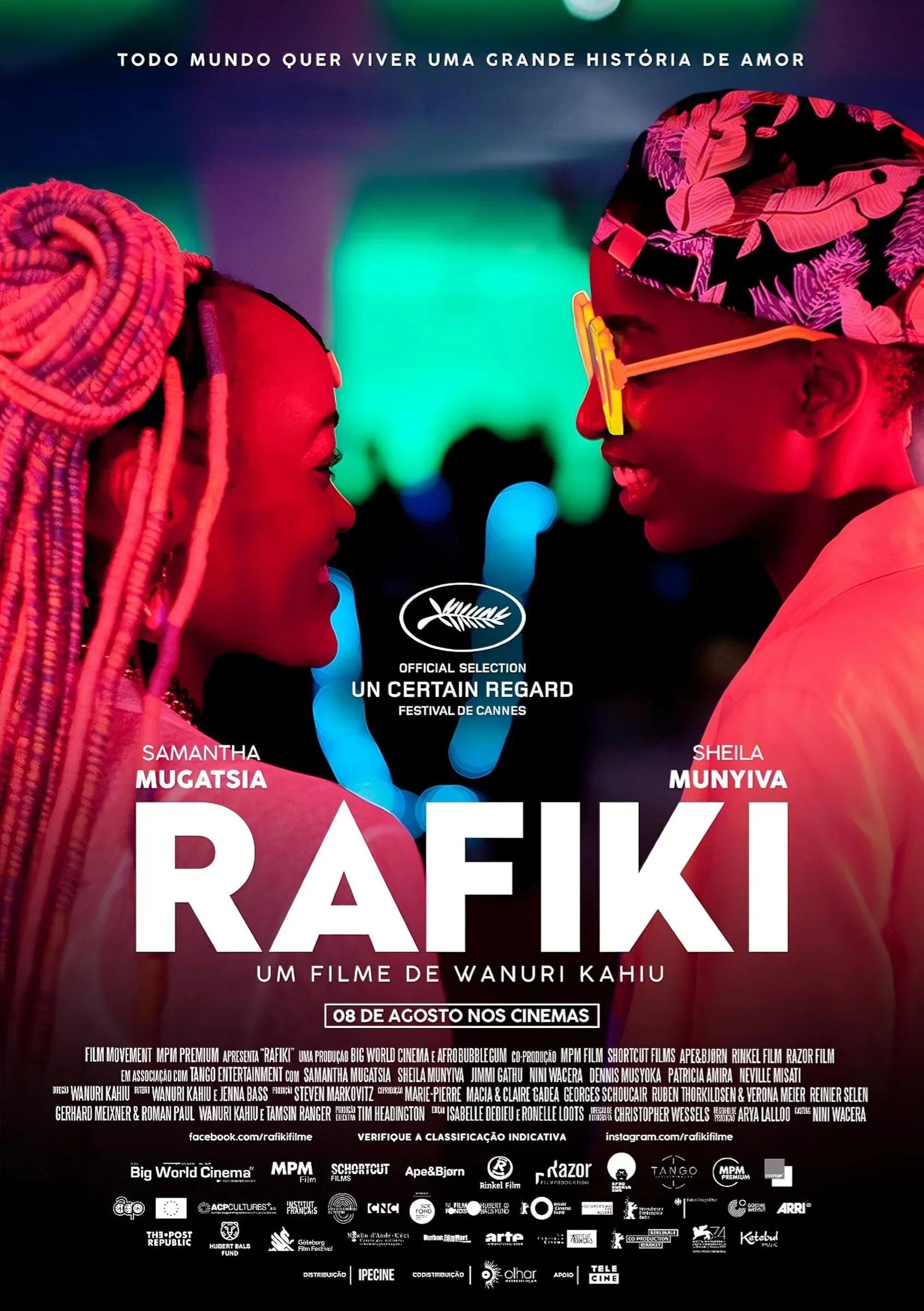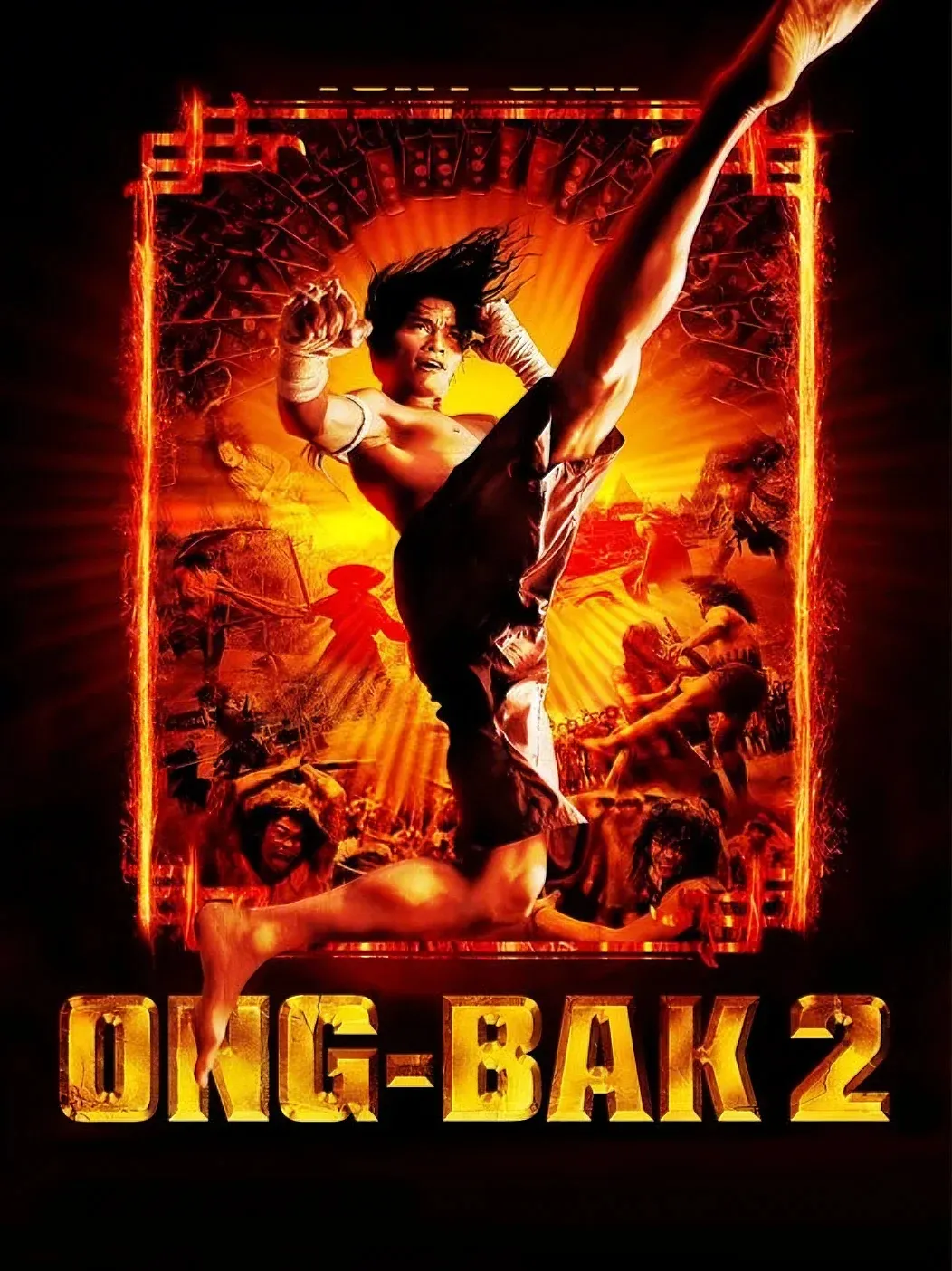Rafiki (2018)
Rafiki (2018), directed by Wanuri Kahiu, is a groundbreaking Kenyan film that explores themes of love, identity, and societal pressure within the context of conservative East African culture. Set in Nairobi, the film tells the story of two young women, Kena (Samantha Mugatsia) and Ziki (Sheila Munyiva), whose burgeoning romantic relationship challenges both personal and societal norms. Kena is an aspiring young woman who dreams of becoming a doctor, living under the watchful eye of her father, who is a strict government official. Her life is seemingly typical, as she navigates the expectations of her family, school, and community. Meanwhile, Ziki, the more carefree and bold of the two, is the daughter of a politician running for office, and she exhibits an independent spirit that both intrigues and challenges Kena. Their paths cross when they meet at a local party, sparking an immediate attraction that neither can ignore. As their relationship deepens, they are forced to confront the obstacles that come with loving someone of the same gender in a society that condemns such relationships. At the core of Rafiki is the exploration of forbidden love and the risks that come with defying societal expectations. As Kena and Ziki grow closer, their feelings for each other intensify, and they begin a secretive relationship in an environment that would not accept or tolerate their love. Both women are aware of the consequences of being open about their feelings, especially given the risks involved in living in a country where same-sex relationships are illegal. Their connection, however, is undeniable, and the film beautifully captures their tender moments of intimacy, joy, and rebellion against a world that seeks to suppress their love. Kena’s inner conflict deepens as she tries to reconcile her own desires with her father's authoritarian expectations and the harsh judgment of her community. She faces pressure from all sides, with her personal and romantic life forced into secrecy. Meanwhile, Ziki, who is initially more confident in expressing her feelings, must also contend with her own family’s political ambitions and the expectations placed upon her to conform to traditional norms.

The conflict in Rafiki culminates in a dramatic clash between personal desires and societal pressures. As the women’s love becomes more apparent, their relationship faces serious scrutiny, and both Kena and Ziki are forced to confront the harsh realities of living in a society where their love is deemed unacceptable. Kena is confronted by the pain of being ostracized and judged by her family and community, especially her father, who represents the values of the oppressive societal system that seeks to repress her identity. The film explores the emotional and social toll that the pressure to conform to heteronormative ideals can have on individuals, particularly those who are LGBTQ+. The climax of the film sees the women at a crossroads, where they must decide whether to continue their relationship at the risk of losing everything they hold dear, including family, reputation, and safety. Ultimately, Rafiki concludes on a bittersweet note, offering a hopeful yet tragic reflection on love, identity, and the courage it takes to stand up for one's truth in the face of adversity.

In conclusion, Rafiki is a powerful and visually striking film that offers an honest and intimate portrayal of same-sex love in a conservative society. The film’s ability to balance personal romance with larger societal issues makes it a significant contribution to global LGBTQ+ cinema. Wanuri Kahiu’s direction is innovative and vibrant, and the film’s use of color and music helps to emphasize the emotional intensity of the characters’ journey. Samantha Mugatsia and Sheila Munyiva’s performances as Kena and Ziki are heartfelt and sincere, capturing the complexities of their characters' emotions and struggles. Rafiki is a poignant narrative about the desire for freedom and acceptance, and it pushes the boundaries of what can be explored in African cinema, shedding light on issues of love, gender, and identity that are often overlooked in mainstream media. While the film ends with a sense of unresolved tension, it also offers a sense of resilience and courage, making it a significant step in the global conversation about LGBTQ+ rights and visibility.




